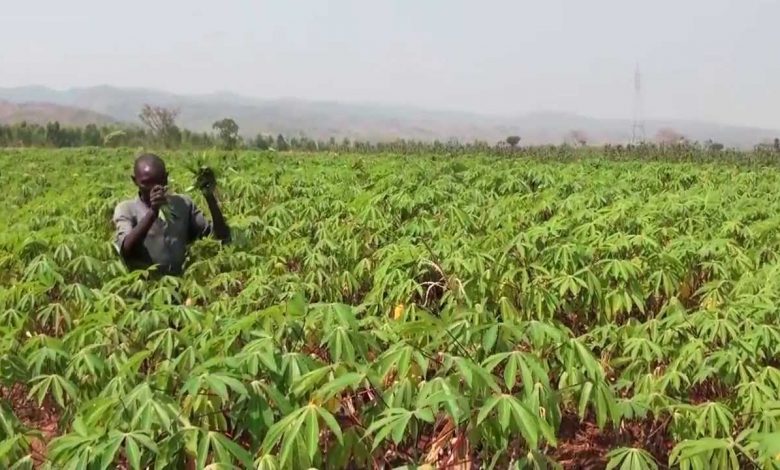
With desertification continuing to threaten farmlands and livelihoods in Nigeria’s northern region, the National Agency for the Great Green Wall (NAGGW) is stepping up its efforts — and it wants Kano State on board.
During a working visit to the Kano State Ministry of Environment and Climate Change, the Director-General of the agency, Alhaji Yusuf Saleh Abubakar, said the agency plans to plant five million tree seedlings across the country in 2025. But to make that possible, he said, they need help securing protected planting sites.
“We’re preparing to kick off our annual tree planting programme in July, and we’re here to ask for Kano’s support — especially in providing land that won’t be vandalised or encroached upon,” he told the Commissioner, Dr. Dahiru Hashim.
Abubakar raised concerns over repeated cases of vandalism at plantation sites, particularly in the Gabasawa area, which have set back the agency’s progress. He called for more robust security measures and stronger local engagement to safeguard these vital projects.
“In Gabasawa, we’ve seen some of our plantations destroyed, which is really disheartening. If these trees are going to survive and do their job, we need communities to protect them,” he said.
The Director-General emphasized that tackling environmental degradation isn’t a task for government alone. He said local communities, especially women and young people, are being trained and empowered to take part in the Great Green Wall initiative.
“We believe in working from the ground up. When communities are involved, the results are more sustainable,” he said.
Abubakar also appealed for open dialogue with communities where vandalism has occurred, noting that peaceful resolution is key to long-term success.
“This visit is not just for familiarization,” he added. “It’s a continuation of earlier conversations aimed at deepening collaboration and finding practical solutions together.”
Responding, Dr. Hashim assured the visiting team that Kano is fully committed to supporting the agency’s mission. He noted that the state had already restored more than 37,000 hectares of degraded land as part of its own environmental efforts.
“This is a shared responsibility, and we’re ready to work closely with the NAGGW to push it forward,” he said.
To help address the security challenges, Dr. Hashim revealed that the state government had recently approved the recruitment of more forest guards to protect plantation sites across the state.
Meanwhile, Mr. Abdulhamid Bala, Acting Coordinator of the Kano Agro-Climatic Resilience in Semi-Arid Landscapes (Kano-ACReSAL) Project, pointed to unpaid forest guards as one of the reasons plantation sites remain vulnerable.
